Pages with tag TypeScript
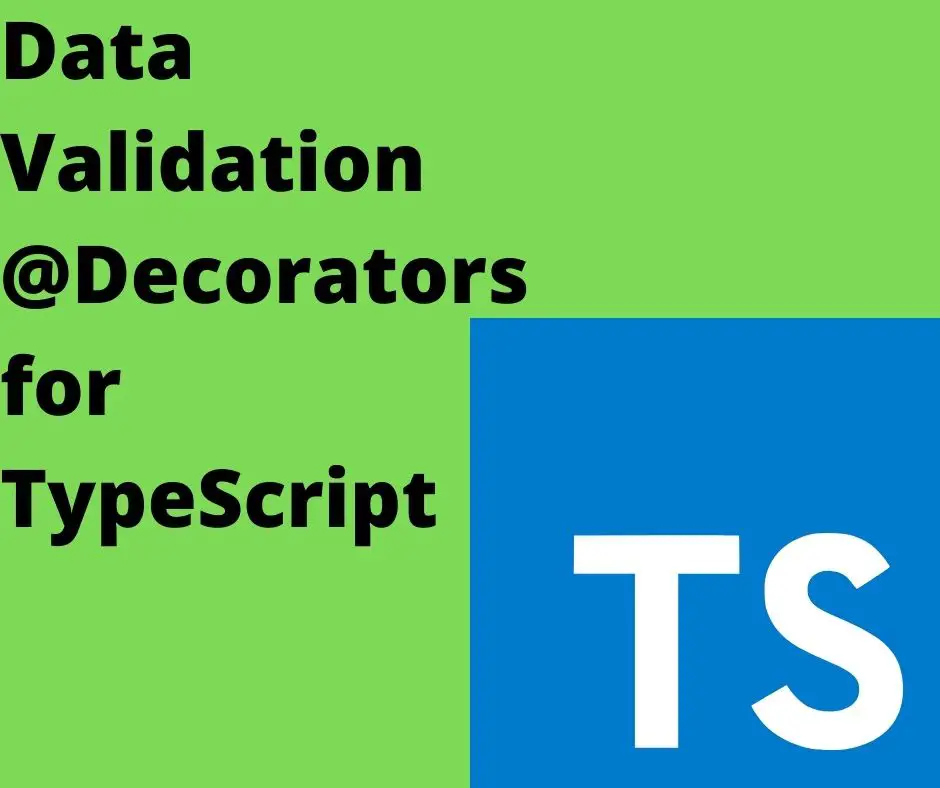 Automatically handling runtime data validation in TypeScript
TypeScript does excellent compile time type checking. But that does not mean TypeScript code ensures runtime type or data validation or checking. TypeScript compiles code to JavaScript with no runtime checking, leaving the door open to runtime data problems.
Automatically handling runtime data validation in TypeScript
TypeScript does excellent compile time type checking. But that does not mean TypeScript code ensures runtime type or data validation or checking. TypeScript compiles code to JavaScript with no runtime checking, leaving the door open to runtime data problems.
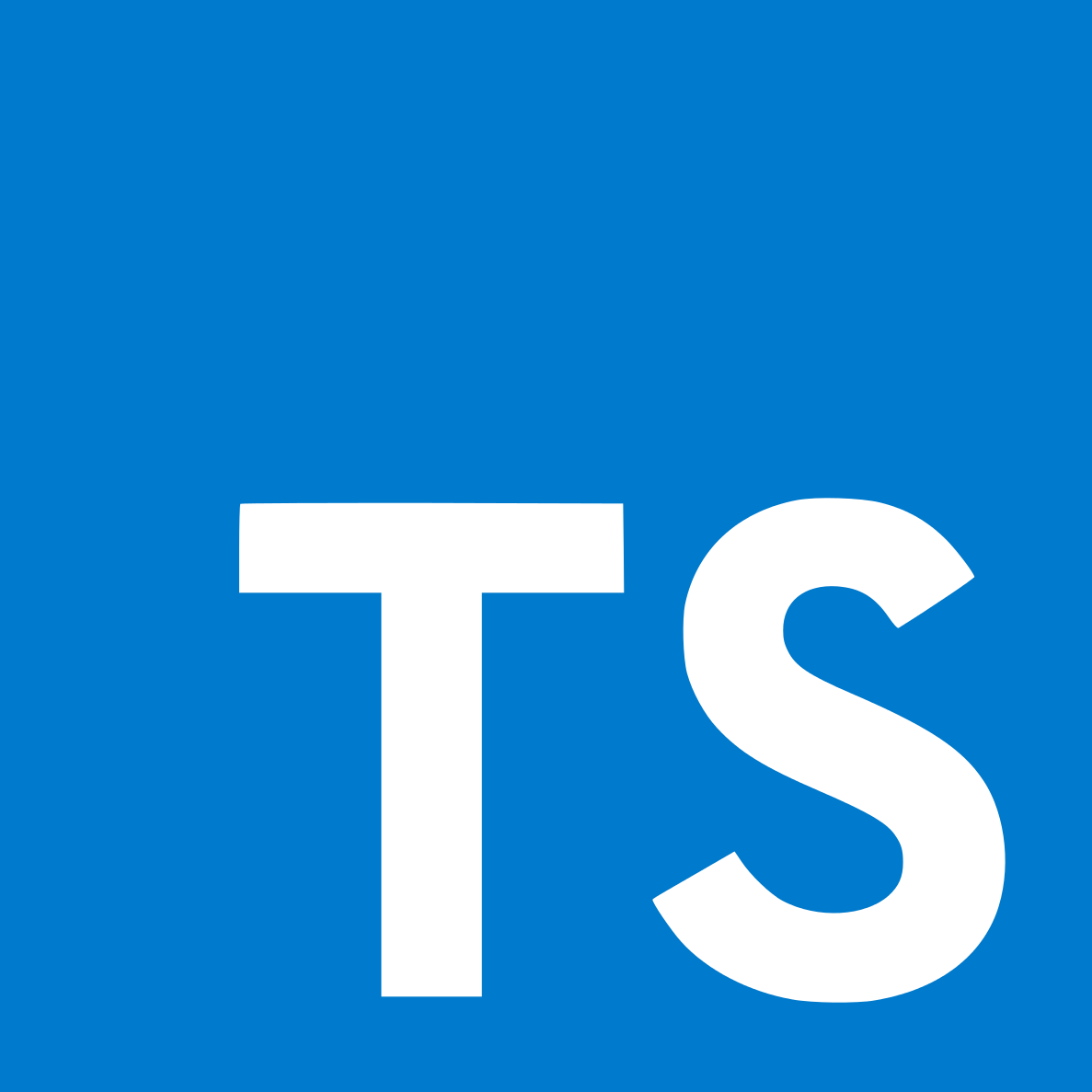 Complete guide to using TypeORM and TypeScript for data persistence in Node.js module
TypeORM is an advanced object-relations-management module that runs in Node.js. As the name implies, TypeORM is meant to be used with TypeScript. In this article we'll learn about using TypeORM to set up Entity objects to store data in a database, how to use a CustomRepository instance to manipulate a database table, and to use Relations between Entity instances to simulate database joins.
Complete guide to using TypeORM and TypeScript for data persistence in Node.js module
TypeORM is an advanced object-relations-management module that runs in Node.js. As the name implies, TypeORM is meant to be used with TypeScript. In this article we'll learn about using TypeORM to set up Entity objects to store data in a database, how to use a CustomRepository instance to manipulate a database table, and to use Relations between Entity instances to simulate database joins.
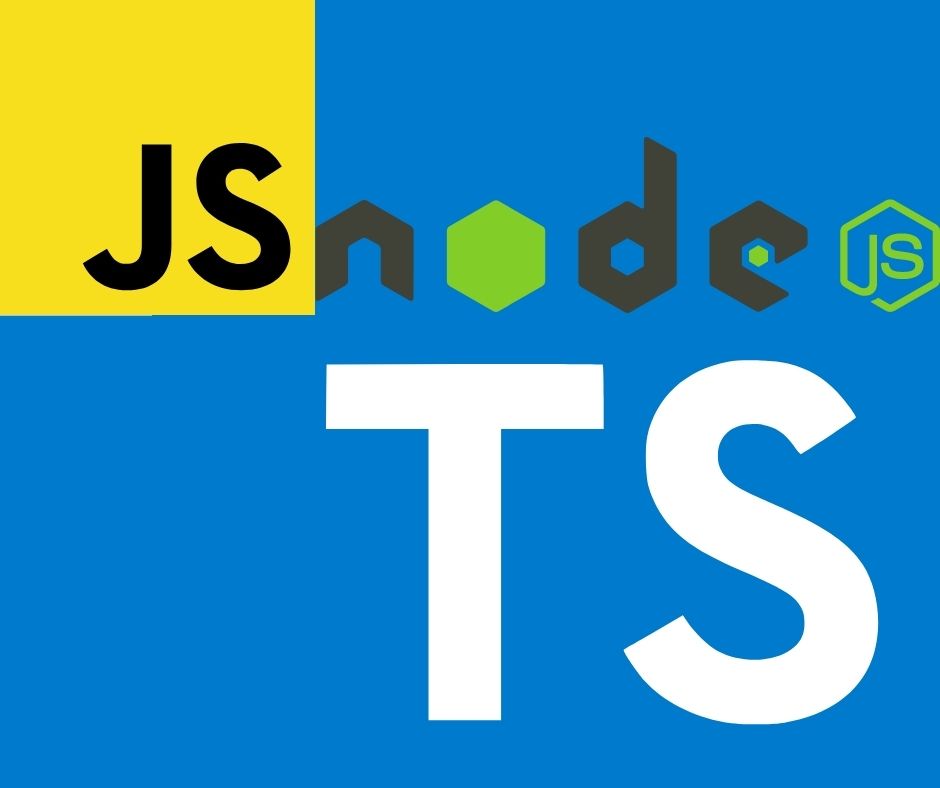 Creating either CommonJS or ES6 modules for Node.js packages using Typescript
The core unit of software on Node.js is the package. Therefore using TypeScript for Node.js applications requires learning how to create packages written in TypeScript or sometimes a hybrid of JavaScript and TypeScript. Fortunately this is easy for any Node.js programmer, and amounts to setting up the TypeScript compiler.
Creating either CommonJS or ES6 modules for Node.js packages using Typescript
The core unit of software on Node.js is the package. Therefore using TypeScript for Node.js applications requires learning how to create packages written in TypeScript or sometimes a hybrid of JavaScript and TypeScript. Fortunately this is easy for any Node.js programmer, and amounts to setting up the TypeScript compiler.
 Data validation decorators in TypeScript
Decorators are an interesting feature of TypeScript, which may become a standard part of JavaScript. They resemble annotations in other languages, in that they're attached to the declaration of something and add behavior or information to that thing. To get some familiarity, let us use a library of data validation decorators along with TypeORM.
Data validation decorators in TypeScript
Decorators are an interesting feature of TypeScript, which may become a standard part of JavaScript. They resemble annotations in other languages, in that they're attached to the declaration of something and add behavior or information to that thing. To get some familiarity, let us use a library of data validation decorators along with TypeORM.
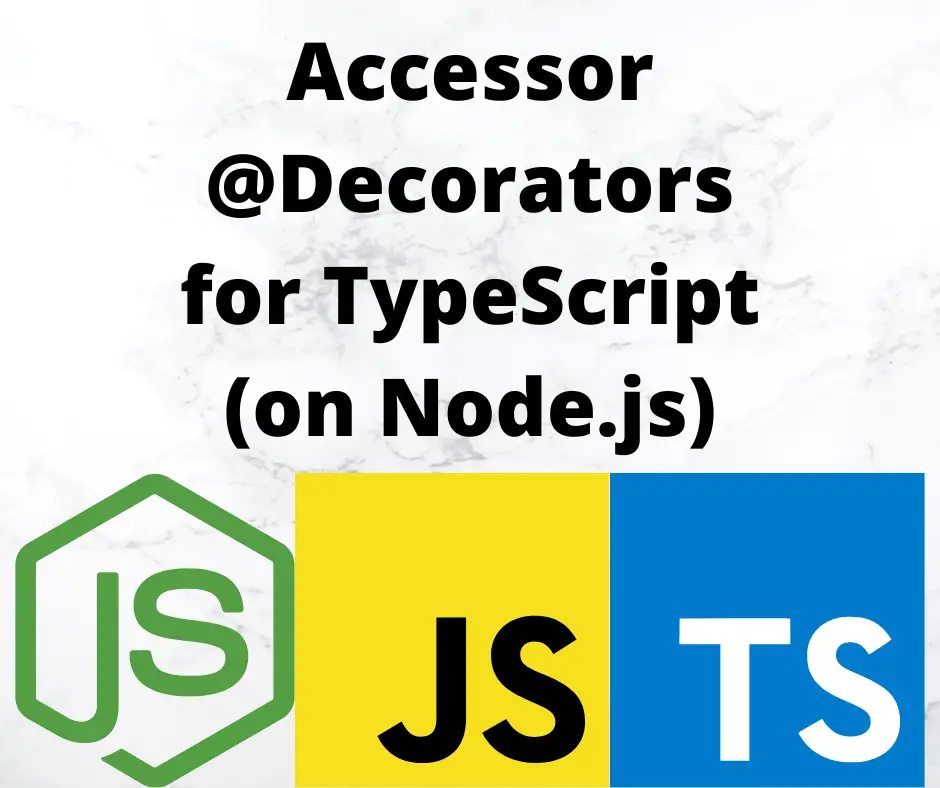 Deep introduction to accessor decorators in TypeScript
Decorators allow us to add additional information to classes or methods in TypeScript, and are similar to annotations such as in Java. Accessor decorators are applied to accessor method definitions in TypeScript, and can observe, or modify data accessed through get/set functions. With care, they can be used for advanced features like runtime data validation.
Deep introduction to accessor decorators in TypeScript
Decorators allow us to add additional information to classes or methods in TypeScript, and are similar to annotations such as in Java. Accessor decorators are applied to accessor method definitions in TypeScript, and can observe, or modify data accessed through get/set functions. With care, they can be used for advanced features like runtime data validation.
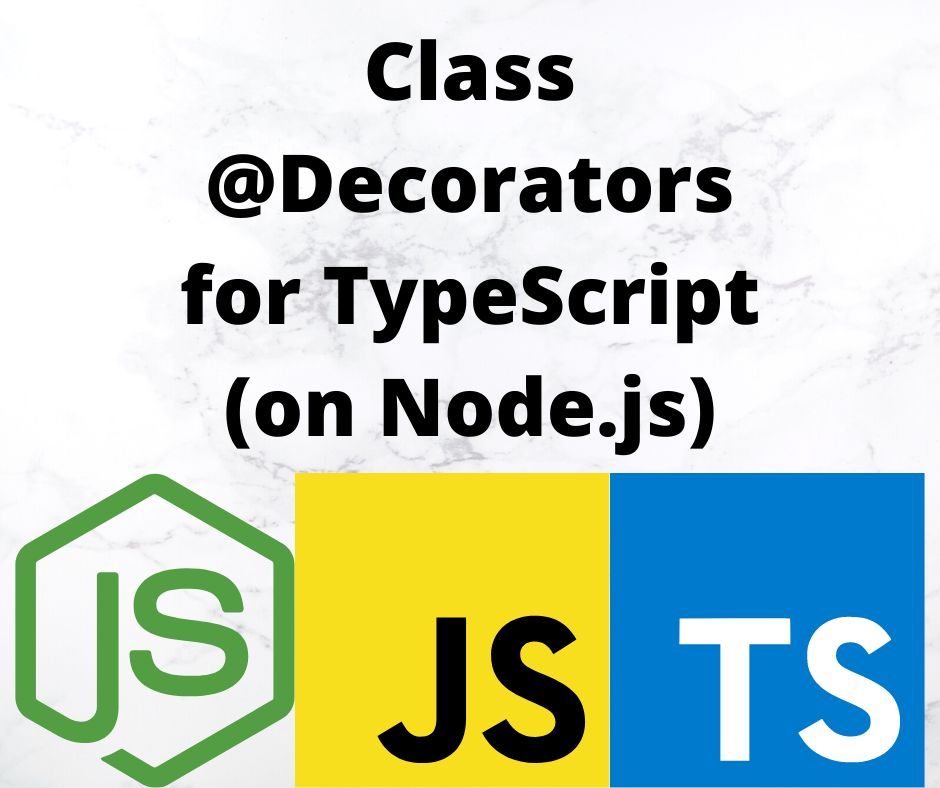 Deep introduction to class decorators in TypeScript
Decorators allow us to add additional information to classes or methods in TypeScript, and are similar to annotations such as in Java. Class decorators are applied to class definitions in TypeScript, and can observe, modify, or replace the class definition.
Deep introduction to class decorators in TypeScript
Decorators allow us to add additional information to classes or methods in TypeScript, and are similar to annotations such as in Java. Class decorators are applied to class definitions in TypeScript, and can observe, modify, or replace the class definition.
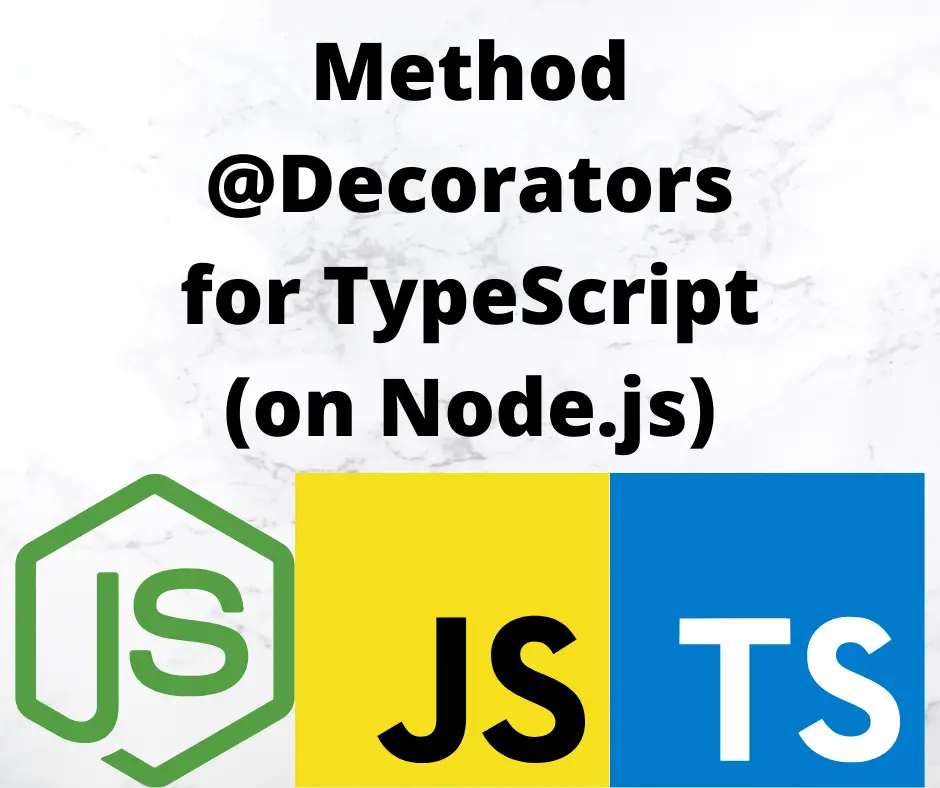 Deep introduction to method decorators in TypeScript
Decorators allow us to add additional information to classes or methods in TypeScript, and are similar to annotations such as in Java. Method decorators are applied to methods defined in classes in TypeScript. With them we can record information about methods, or modify method execution.
Deep introduction to method decorators in TypeScript
Decorators allow us to add additional information to classes or methods in TypeScript, and are similar to annotations such as in Java. Method decorators are applied to methods defined in classes in TypeScript. With them we can record information about methods, or modify method execution.
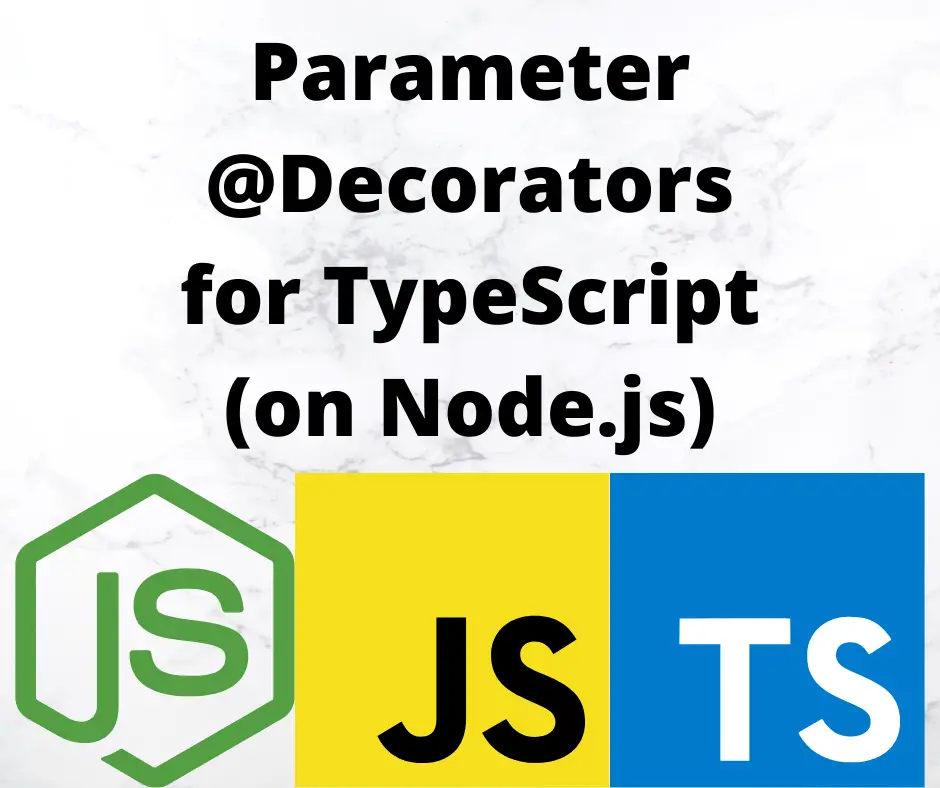 Deep introduction to parameter decorators in TypeScript
Decorators allow us to add additional information to classes or methods in TypeScript, and are similar to annotations such as in Java. Parameter decorators are applied to method parameter definitions in TypeScript. With them, we can record information about parameters, including customized information, using that data in other features.
Deep introduction to parameter decorators in TypeScript
Decorators allow us to add additional information to classes or methods in TypeScript, and are similar to annotations such as in Java. Parameter decorators are applied to method parameter definitions in TypeScript. With them, we can record information about parameters, including customized information, using that data in other features.
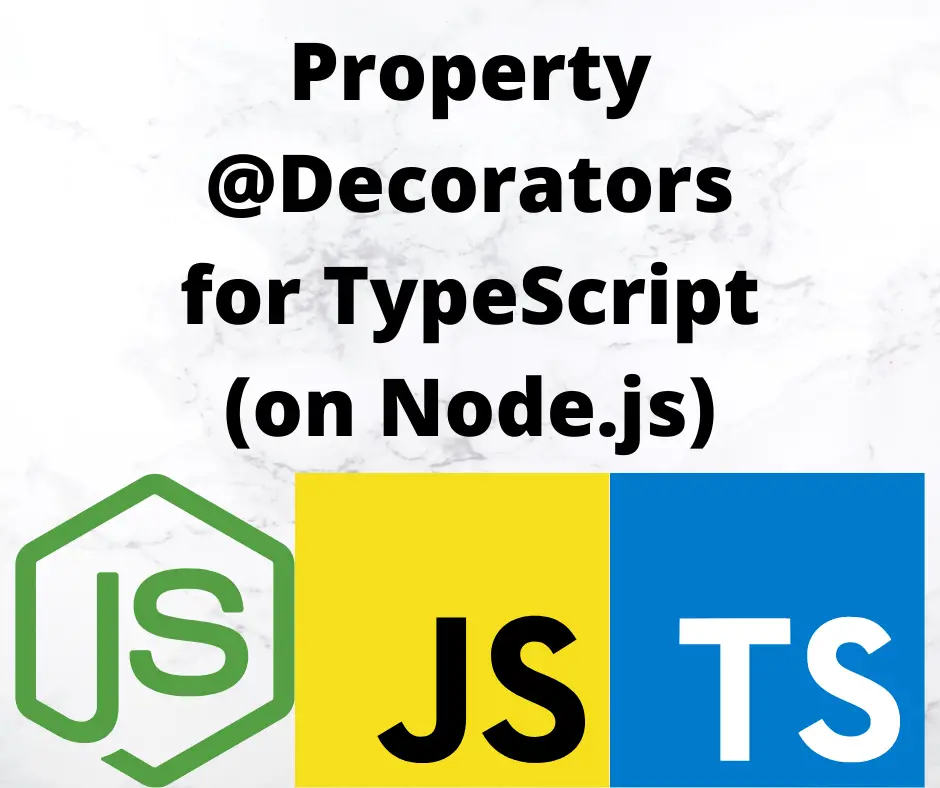 Deep introduction to property decorators in TypeScript
Decorators allow us to add additional information to classes or methods in TypeScript, and are similar to annotations such as in Java. Property decorators are applied to property definitions in TypeScript, and can observe them.
Deep introduction to property decorators in TypeScript
Decorators allow us to add additional information to classes or methods in TypeScript, and are similar to annotations such as in Java. Property decorators are applied to property definitions in TypeScript, and can observe them.
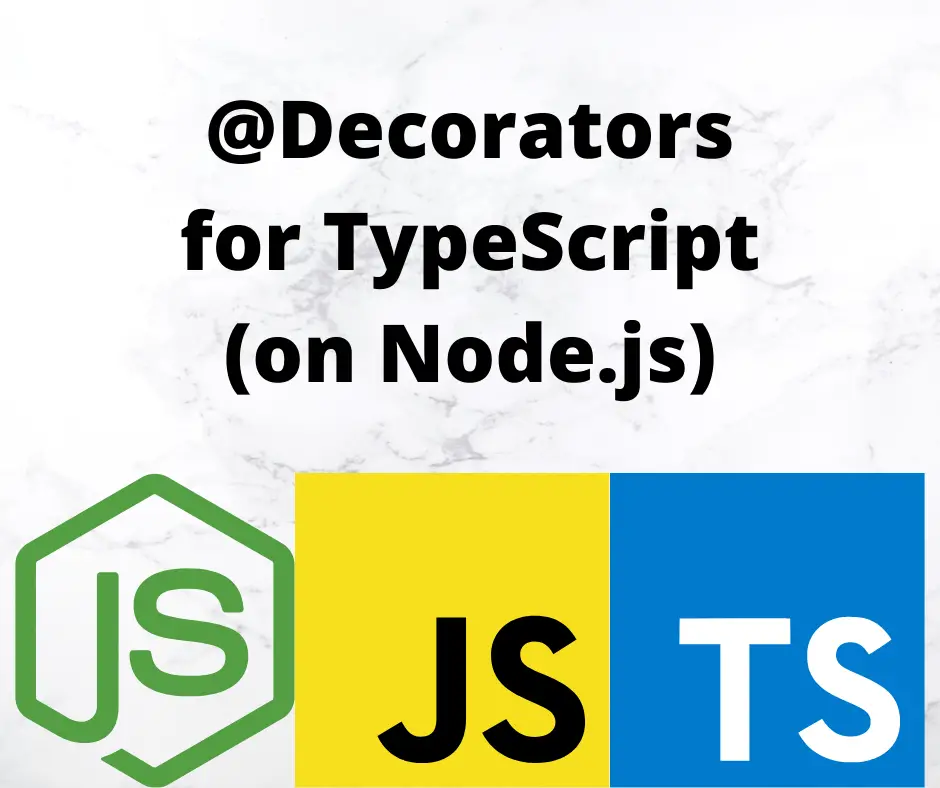 Deep introduction to using and implementing TypeScript decorators
Decorators allow us to add additional information to classes or methods in TypeScript. They're similar to annotations such as in Java. With decorators we can add a wide variety of functionality, with a very succinct notation. It is planned that decorators will become a standard part of JavaScript, making it important to learn how they work.
Deep introduction to using and implementing TypeScript decorators
Decorators allow us to add additional information to classes or methods in TypeScript. They're similar to annotations such as in Java. With decorators we can add a wide variety of functionality, with a very succinct notation. It is planned that decorators will become a standard part of JavaScript, making it important to learn how they work.
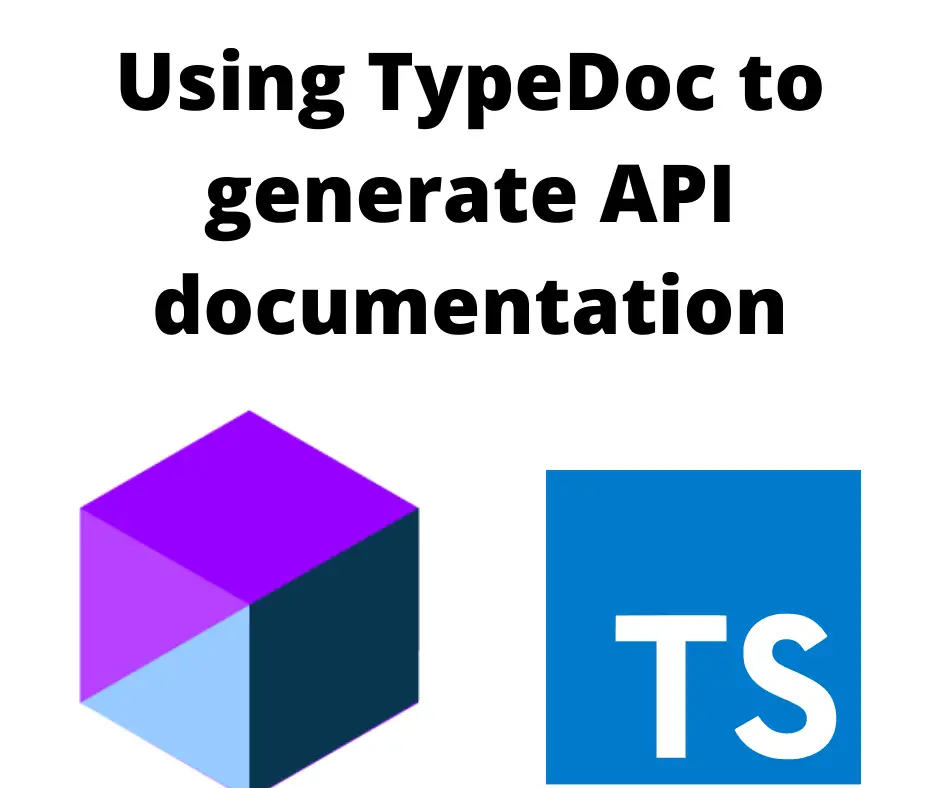 Generating API documentation for TypeScript packages with TypeDoc
With TypeDoc, one adds structured comments (JSDoc style comments) to TypeScript source code. With data in those comments, TypeDoc generates nice API documentation you can easily publish to a website. With the addition of another tool, gh-pages, it is easy to publish the documentation to GitHub Pages.
Generating API documentation for TypeScript packages with TypeDoc
With TypeDoc, one adds structured comments (JSDoc style comments) to TypeScript source code. With data in those comments, TypeDoc generates nice API documentation you can easily publish to a website. With the addition of another tool, gh-pages, it is easy to publish the documentation to GitHub Pages.
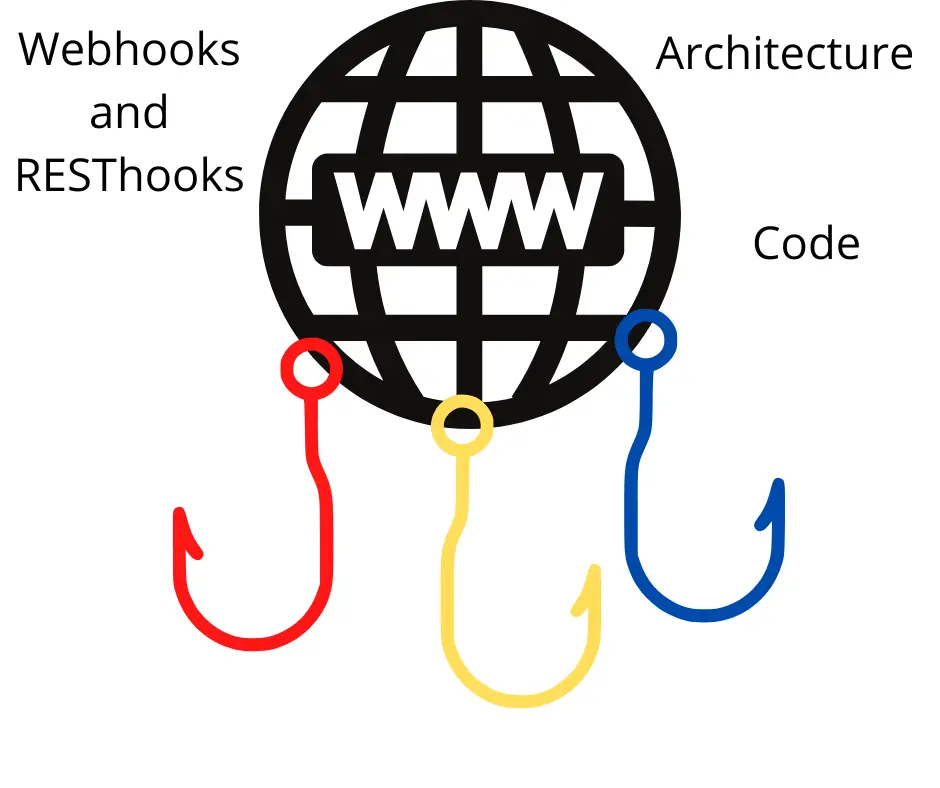 Implementing WebHooks and RESTHooks using TypeSript for Node.js and ExpressJS
The WebHooks architecture lets one webservice send event notifications to another. RESTHooks build on them by advertising available events, allowing software to manage event subscriptions without human intervention.
Implementing WebHooks and RESTHooks using TypeSript for Node.js and ExpressJS
The WebHooks architecture lets one webservice send event notifications to another. RESTHooks build on them by advertising available events, allowing software to manage event subscriptions without human intervention.
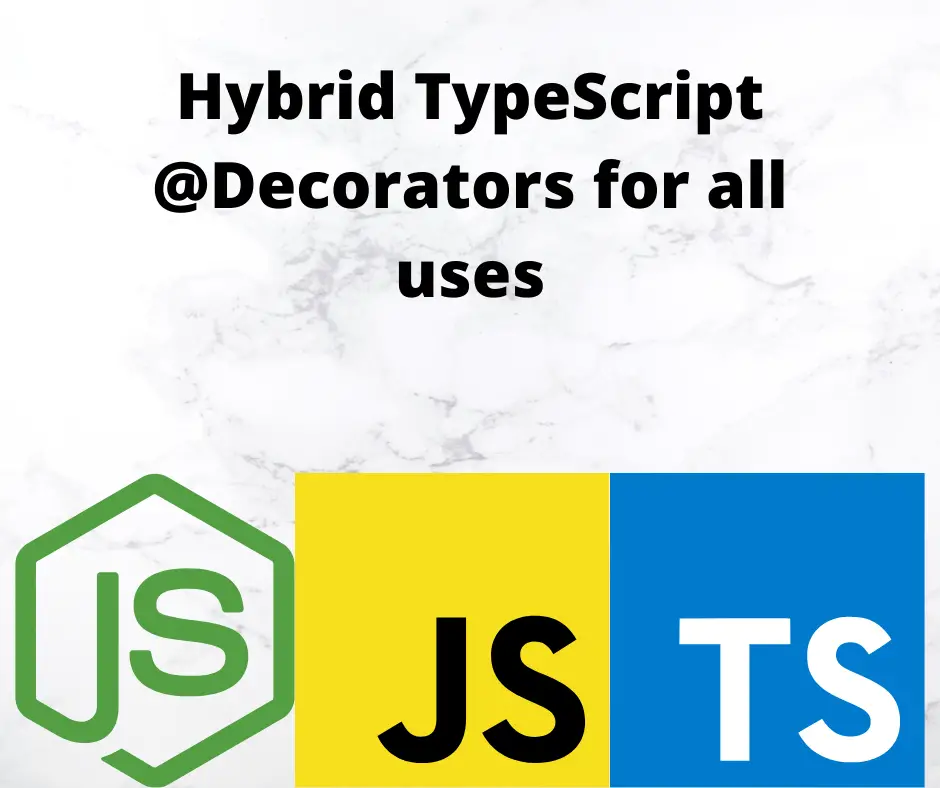 Implementing hybrid decorator functions in TypeScript
The documentation on TypeScript decorators describes function signatures for each decorator type. It implies that each decorator must be implemented for a specific target object type. But, with a carefully defined method signature we can construct decorators to handle decorating any object type.
Implementing hybrid decorator functions in TypeScript
The documentation on TypeScript decorators describes function signatures for each decorator type. It implies that each decorator must be implemented for a specific target object type. But, with a carefully defined method signature we can construct decorators to handle decorating any object type.
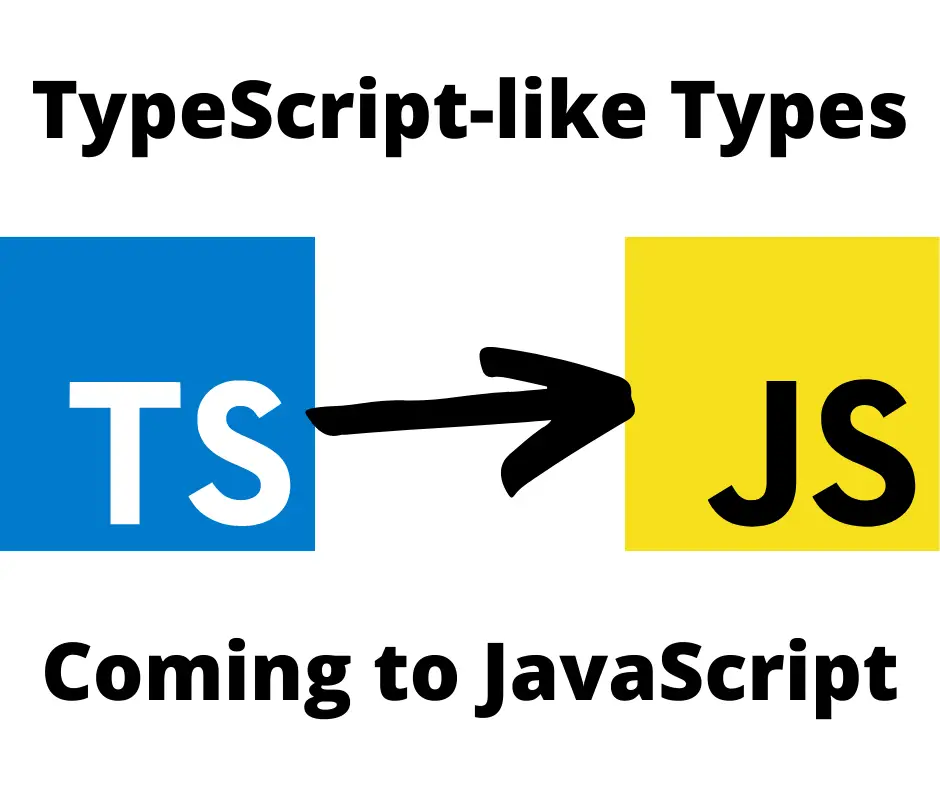 Microsoft proposes bringing TypeScript-like type syntax to JavaScript
It's not every day you see TypeScript as a trending topic on Twitter. But, a proposal by Microsoft to bring type syntax to JavaScript is certainly a big deal worthy of being a Twitter trending topic. Types coming to JavaScript?
Microsoft proposes bringing TypeScript-like type syntax to JavaScript
It's not every day you see TypeScript as a trending topic on Twitter. But, a proposal by Microsoft to bring type syntax to JavaScript is certainly a big deal worthy of being a Twitter trending topic. Types coming to JavaScript?
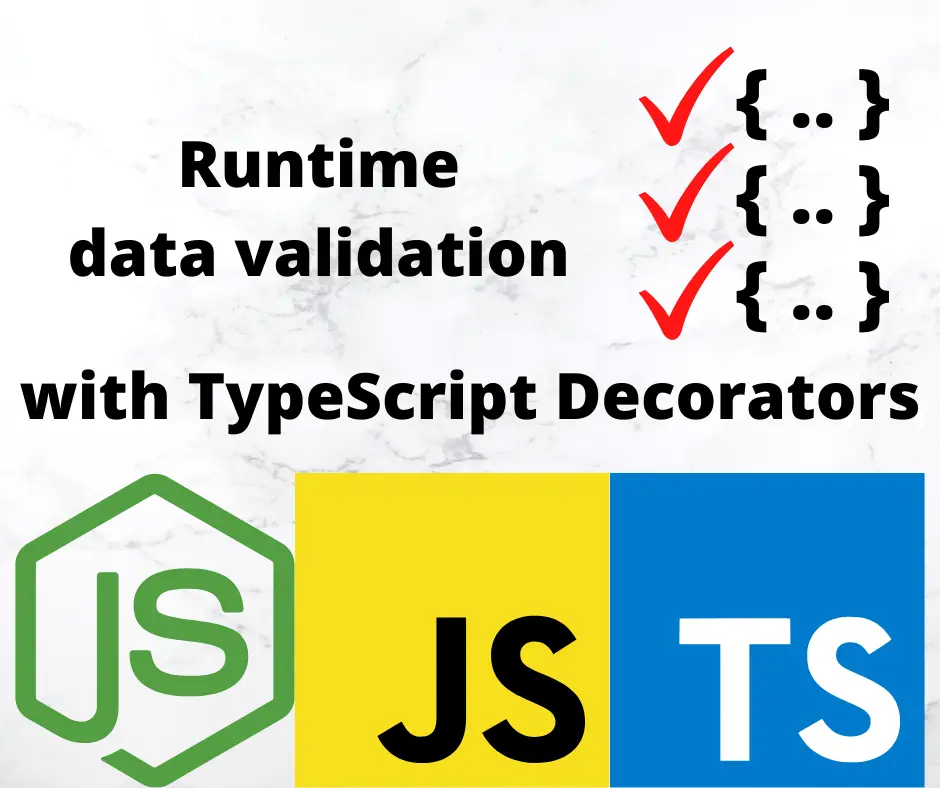 Runtime data validation in TypeScript using decorators and reflection metadata
TypeScript decorators allowed us to intercept calls to both accessor functions and methods. That let us spy on data passed to either type of function, or even to supply default values for any that are missing. A practical use we might have for this is automatic validation of data arriving at an accessor or method. By instrumenting these functions, a validation package can act as a gatekeeper ensuring that data in objects is always correct.
Runtime data validation in TypeScript using decorators and reflection metadata
TypeScript decorators allowed us to intercept calls to both accessor functions and methods. That let us spy on data passed to either type of function, or even to supply default values for any that are missing. A practical use we might have for this is automatic validation of data arriving at an accessor or method. By instrumenting these functions, a validation package can act as a gatekeeper ensuring that data in objects is always correct.
 Setting up the Typescript compiler to integrate with Node.js development
TypeScript is growing rapidly in popularity within the JavaScript ecosystem. TypeScript offers us important compile-time data type enforcement, for what is otherwise JavaScript code. Any large project written in JavaScript will, in theory, find this useful because, in theory, the larger the project the more likely the coders will have keeping track of data types. The TypeScript tools run on Node.js, and while it can generate code for Node.js, it can be configured for any JavaScript environment.
Setting up the Typescript compiler to integrate with Node.js development
TypeScript is growing rapidly in popularity within the JavaScript ecosystem. TypeScript offers us important compile-time data type enforcement, for what is otherwise JavaScript code. Any large project written in JavaScript will, in theory, find this useful because, in theory, the larger the project the more likely the coders will have keeping track of data types. The TypeScript tools run on Node.js, and while it can generate code for Node.js, it can be configured for any JavaScript environment.
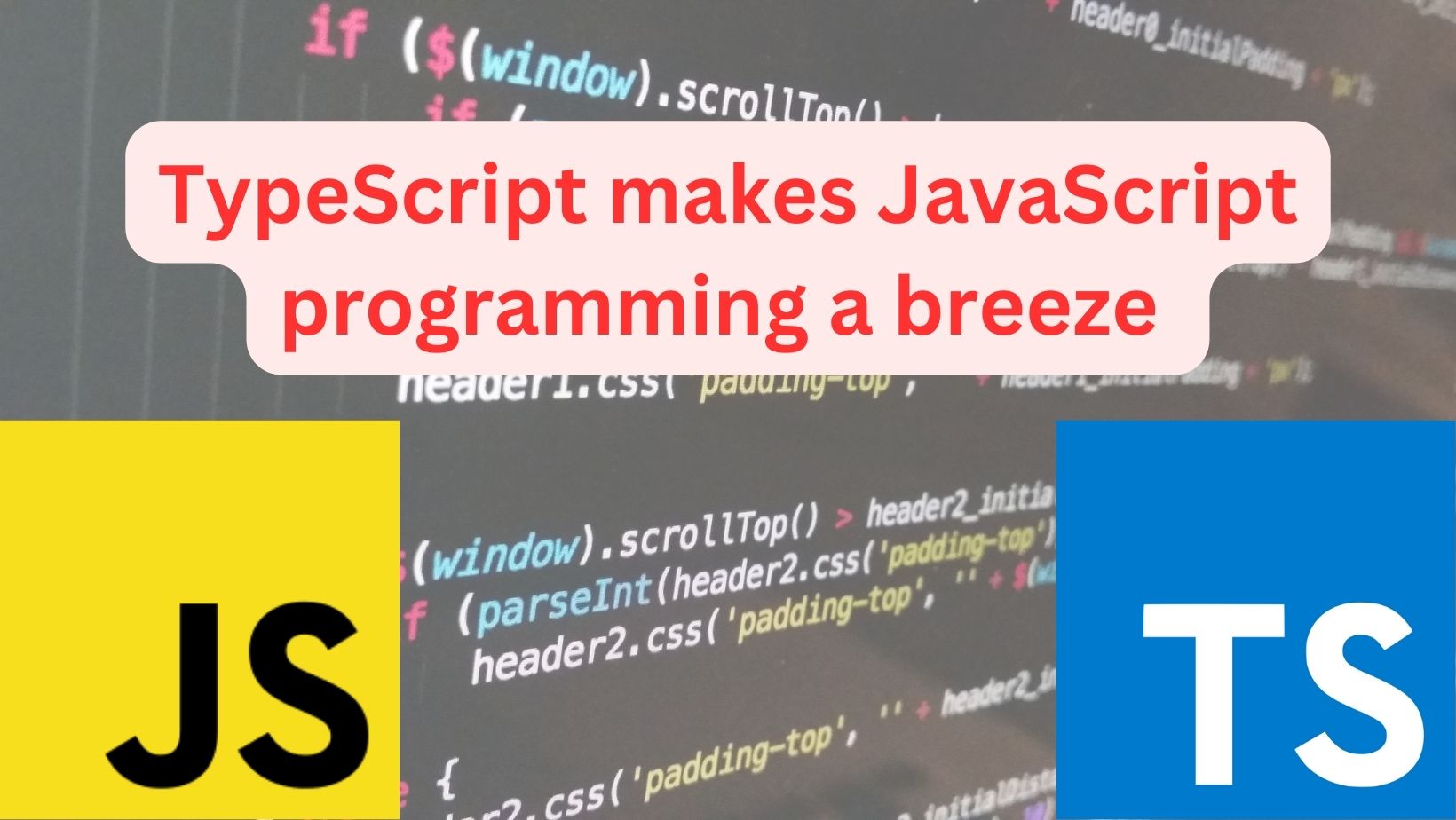 TypeScript adds to programmer productivity and expressiveness, and is not dying
Recently the teams for a couple front-end libraries abandoned using TypeScript and returned to vanilla JavaScript. That leads some to claim TypeScript is dying, and anyway that it doesn't provide useful productivity advantages to developers. While I do not have data on software development trends, I do find TypeScript adds significantly to my development work, without costing significant time.
TypeScript adds to programmer productivity and expressiveness, and is not dying
Recently the teams for a couple front-end libraries abandoned using TypeScript and returned to vanilla JavaScript. That leads some to claim TypeScript is dying, and anyway that it doesn't provide useful productivity advantages to developers. While I do not have data on software development trends, I do find TypeScript adds significantly to my development work, without costing significant time.
 Using automated runtime data validation decorators in TypeScript
A new package for TypeScript enables us to automatically check validity of runtime data, without having to explicitly call a validation library. Instead, the runtime-data-validation package lets us attach decorators describing data validity, and arranges for validation to be automatically performed on assigning a value to a property, or when calling a method.
Using automated runtime data validation decorators in TypeScript
A new package for TypeScript enables us to automatically check validity of runtime data, without having to explicitly call a validation library. Instead, the runtime-data-validation package lets us attach decorators describing data validity, and arranges for validation to be automatically performed on assigning a value to a property, or when calling a method.
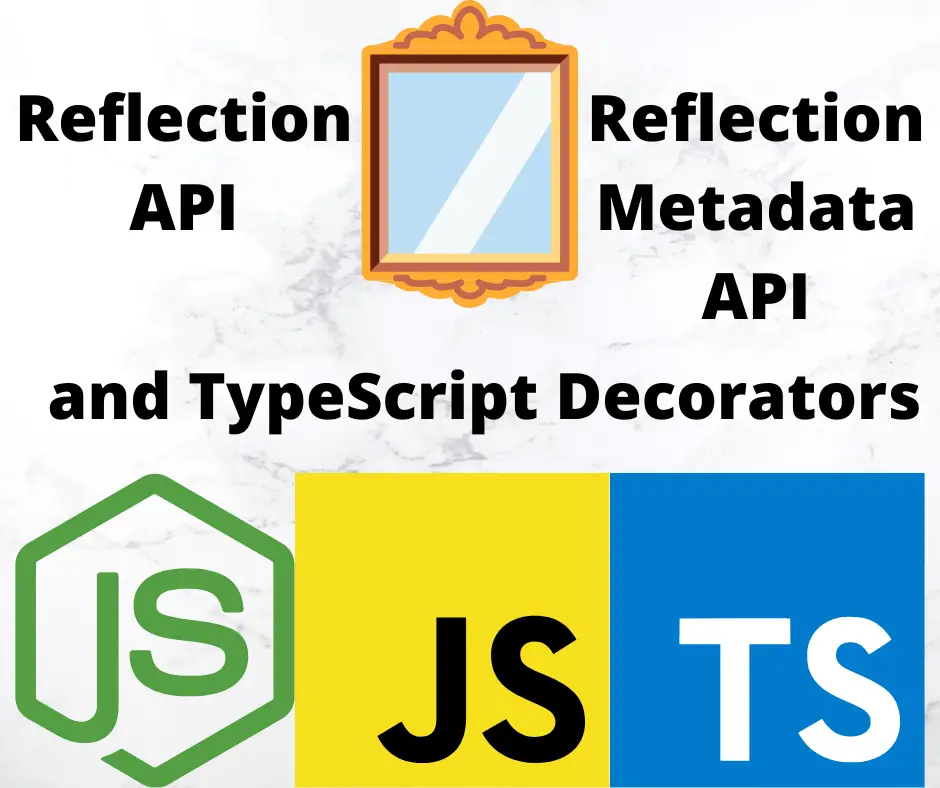 Using the Reflection and Reflection Metadata APIs with TypeScript Decorators
Making full use of TypeScript decorators requires understanding the Reflection and Reflection Metadata API's. The latter lets you store data in object metadata so that decorators can work together to create complex behaviors.
Using the Reflection and Reflection Metadata APIs with TypeScript Decorators
Making full use of TypeScript decorators requires understanding the Reflection and Reflection Metadata API's. The latter lets you store data in object metadata so that decorators can work together to create complex behaviors.